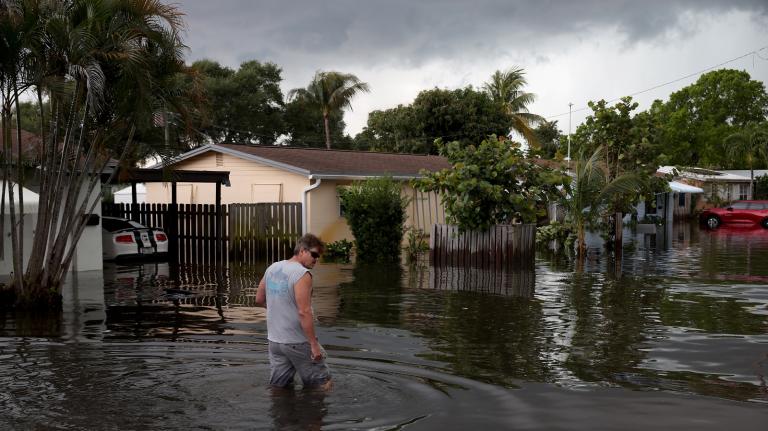Great news in the fight to halt the planet’s de-evolution into a fiery pit of human-made earthquakes and flaming tap water: Fracking is out! Or at least, offshore fracking in California is out. For now.
In a settlement reached Friday, the federal government agreed to stop approving offshore drilling permits in the state of California until an environmental review can be complete. This comes after suits were brought by two concerned groups, the Center for Biological Diversity and the Environmental Defense Center, who argued that by allowing the oil industry to dump over 9 billion gallons of wastewater off the coast of California every year, the state threatens marine life.
In 2013, an investigation by the Associated Press revealed that there were more than 200 instances of fracking operations in state and federal waters off California — which were all unknown to the state agency that oversees offshore oil and gas. The lawsuit alleged the federal regulators were rubber-stamping permit applications.
In fracking — both on and offshore — water mixed with chemicals is injected at high pressure to fracture underground rock, releasing oil and gas deposits. The practice has been criticized for potentially contaminating groundwater with toxins. Fracking also creates large amounts of wastewater.
While environmentalists celebrated, the fossil fuel industry was less pleased. The American Petroleum Institute issued a statement saying the environmental review — and permit moratorium — was unnecessary. However, “This halt to offshore fracking is a huge victory for California’s coastal environment,” said the Center for Biological Diversity’s Kristen Monsell in a statement. “Offshore fracking is a dirty and dangerous practice that has absolutely no place in our ocean. The federal government certainly has no right to give the oil industry free rein to frack offshore at will.”
The settlement stops that free rein … at least until the environmental review is complete. The Department of the Interior must finish its assessment by May 28, and then the public will have 30 days to comment.




